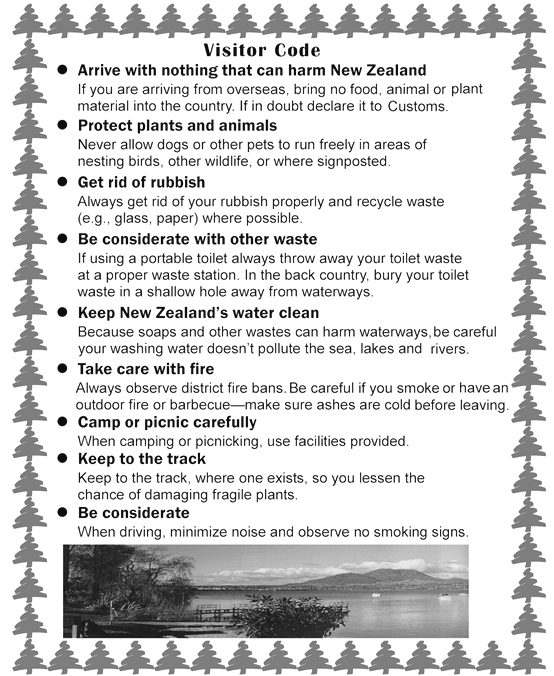题目内容
【题目】假设你是李华,你的新西兰笔友 Nick 将于明年八月来四川旅游,特来信询问有关旅游 景点情况。请根据下表所提供的要点,写一封回信,并表示盼望他的到来。

1. 信的格式已为你写好(不记入总词数)。
2. 可根据内容要点适当增加细节,以使行文连贯。
3 .参考词汇:省份:province 海子:lake 交通:transportation
都江堰水利工程:Dujiangyan Irrigation Project
______________________________________________________________________________________________________________________________________________________________________________________________________________________________________________________________________________________________________________________________________________________________________________________________________________________________________________________________________________________________________________________________
【答案】Dear Nick,
I’m glad to hear that you’re coming to Sichuan in August. Sichuan Province lies in southwest of China which is a good place for people to enjoy many world-famous places of interest, such as Jiuzhaigou and Dujiangyan Irrigation Project. Jiuzhaigou is well known for its beautiful lakes, of which the water is clear and looks colorful. Another attraction is Dujianyan Irrigation Project, which was built over 2,000 years ago and is still playing an important part in irrigation today. Besides, the nice weather and convenient transportation here can make your trip more enjoyable. In my opinion, it is a wise choice to travel here.
I’m looking forward to your coming.
Yours sincerely,
Li Hua
【解析】
本文是一篇提纲类作文。

 名校课堂系列答案
名校课堂系列答案

